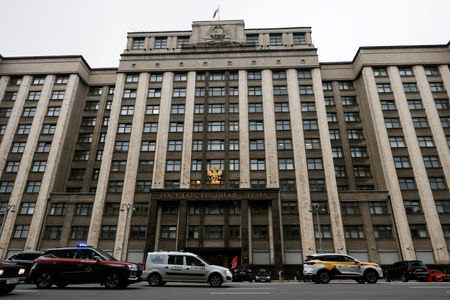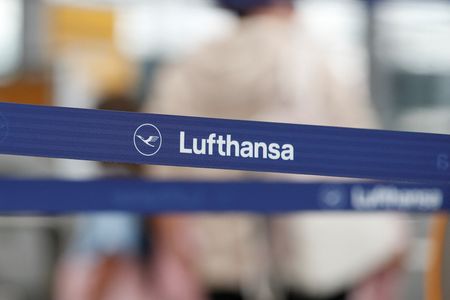BRUSSELS (Reuters) -European foreign ministers said on Thursday that any plan to end the war in Ukraine must include Ukrainians and Europeans after the U.S. floated a framework that would involve Kyiv giving up some of its land and weapons and curbing the size of its army.
“What we as Europeans have always supported is a long-lasting and just peace, and we welcome any efforts to achieve that. Of course, for any plan to work, it needs Ukrainians and Europeans on board,” European Union foreign policy chief Kaja Kallas told reporters as she arrived for a meeting of EU foreign ministers in Brussels.
French Foreign Minister Jean-Noel Barrot said any peace plan should not amount to a “capitulation” to Russian President Vladimir Putin.
“Ukrainians want peace – a just peace that respects everyone’s sovereignty, a durable peace that can’t be called into question by future aggression,” he said. “But peace cannot be a capitulation.”
Other ministers took a similar line, with several saying they had not seen any U.S. plan and would need clarification before commenting further.
Reuters reported on Wednesday, citing two people familiar with the matter, that the U.S. had signalled to President Volodymyr Zelenskiy that Ukraine must accept a U.S.-drafted framework to end the war that envisages Kyiv giving up territory and some weapons.
Such a plan would represent a major setback for Kyiv as it faces further Russian territorial gains in eastern Ukraine and with Zelenskiy tackling a corruption scandal, which on Wednesday saw parliament dismiss the energy and justice ministers.
The White House has declined to comment on the matter. U.S. Secretary of State Marco Rubio said on X that Washington “will continue to develop a list of potential ideas for ending this war based on input from both sides of this conflict”.
Arriving at the Brussels meeting on Thursday, Polish Foreign Minister Radoslaw Sikorski said Europe expected to be consulted on any peace plan as European security was at stake.
He also said Ukraine should not have its ability to defend itself limited.
“I hope it’s not the victim that has restrictions on its ability to defend itself put on, but it’s the aggressor,” he said.
(Reporting by Andrew Gray, Lili Bayer, Inti Landauro and Charlotte Van Campenhout; Writing by Andrew GrayEditing by Gareth Jones)











